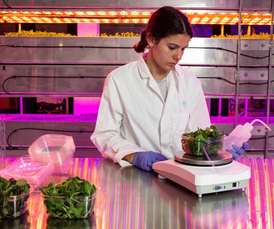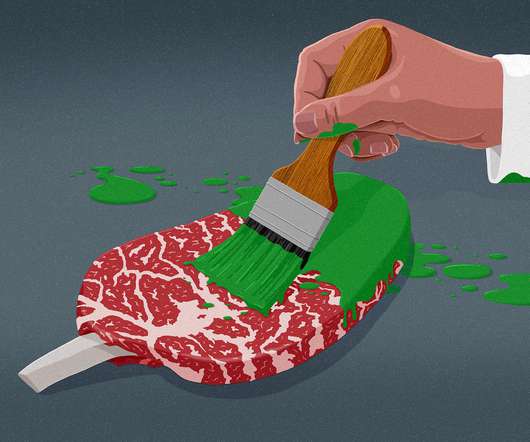The Growing Appetite for Meat Alternatives in China
AFN Sustainable Protein
JANUARY 29, 2018
Editor’s Note: Bits x Bites is China’s first accelerator VC to invest in early-stage food tech startups. Here the Bits x Bites team breaks down key trends and milestone announcements that have been happening in China—the world’s biggest market for meat. . World’s Largest Meat Consumer. More Life.”.















Let's personalize your content